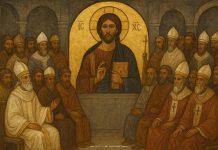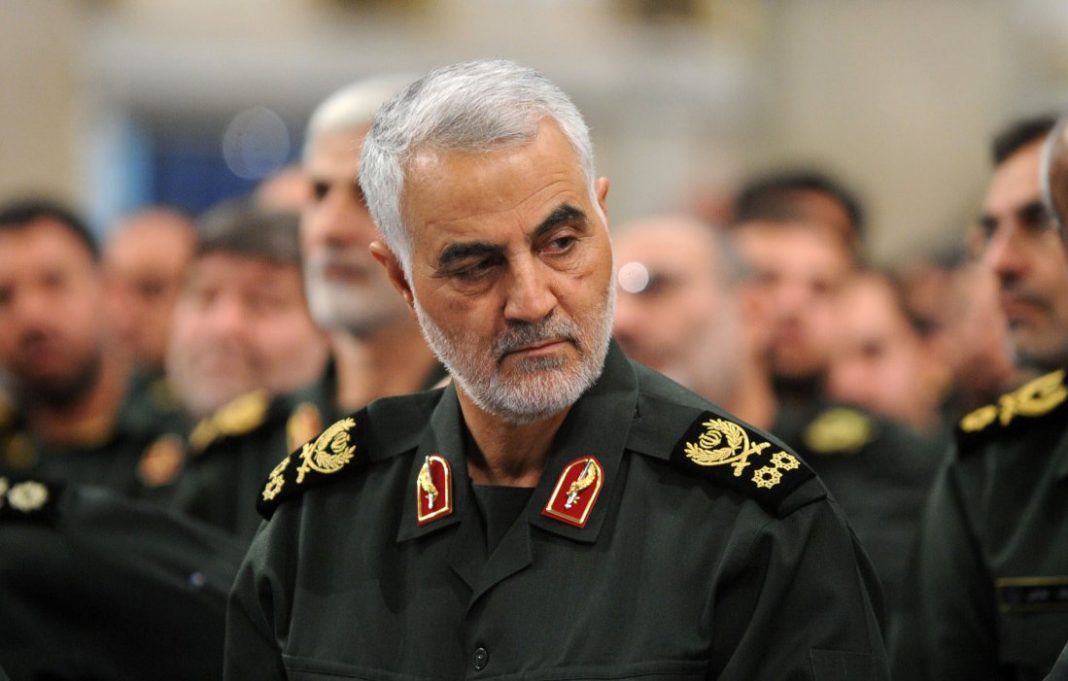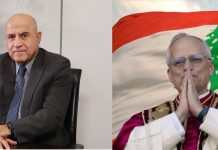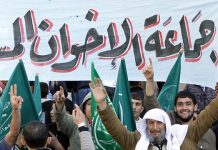Iran’s institutionalized corruption/فساد إيران المؤسساتي
Dr. Majid Rafizadeh/ArabNews/July 22/17
Hossein Ferydoun, the brother of Iran’s President Hassan Rouhani, was recently detained on charges linked to financial corruption. Intriguingly, Ferydoun is also a top aide to Rouhani, and enjoyed high-level contacts with the Obama administration during nuclear negotiations. Many are analyzing this development in the classic way: Empowerment of hard-liners against moderates. There is some truth to this, but there are other major issues to consider.
Financial corruption, fraud and theft by officials have crippled the lives of millions of ordinary Iranians who cannot afford to eat or find shelter. According to Transparency International’s latest corruption index, Iran is one of the most corrupt countries in the world.
Poverty is widespread, yet it is one of the world’s richest countries in terms of natural resources. It has the fourth-largest oil reserves and the second-largest gas reserves. Export industries include mining, agriculture and manufacturing.
Before Ayatollah Khomeini came to power in 1979, he promised that the government would provide free electricity and water, and “bring oil to the tables of people,” meaning oil revenues would be distributed. Soon after, his speeches about distributing the nation’s resources and wealth were banned. Anyone who talked about them could be prosecuted.
Financial theft and corruption are institutionalized in the political system. A former bank employee from Tehran told me recently: “If you’re a high-level government official, you can get huge loans with zero interest in less than an hour. Government officials get these loans, then go to the next bank down the street and invest the money, getting 20-25 percent profit. So with no effort, money is coming to their bank accounts. That’s why inflation is high. Ordinary people have to pay as high as 20 percent interest on loans, and are very lucky to get the loan in the first place.”
Cases of financial and political corruption are ubiquitous and systematic, among hard-liners and reformists alike. For example, Rouhani has been promising economic justice and to address corruption, but at the same time he has been promoting his brother and preventing investigation of his case. This shows the president and his party’s double-standards, false promises and deception regarding corruption.
From time to time, the regime detains people to portray an image of justice being done. Some poor people may be delighted or relieved that a thief was finally arrested, but the few who get detained are eventually freed from punishment.
Financial corruption, fraud and theft by officials have crippled the lives of millions of ordinary Iranians who cannot afford to eat or find shelter.
Stealing the nation’s wealth prevents the establishment of a middle class, which is often the source of social revolutions. The idea is to preoccupy people with struggling to make ends meet so they do not have the time or resources to protest. “If I skip my work for even a few hours, my children will sleep hungry at night,” a teacher and part-time taxi driver in Semnan told me.
Regime institutions such as the Revolutionary Guards and the supreme leader’s office have the most to gain from rampant corruption because there is no oversight of their financial activities. Such corruption also threatens the region, since it is exported to countries in which Tehran exerts influence. That is why Syria, Iraq and Lebanon are the only Middle Eastern countries alongside Iran at the bottom of Transparency International’s corruption index.
• Dr. Majid Rafizadeh is a Harvard-educated, Iranian-American political scientist. He is a leading expert on Iran and US foreign policy, a businessman and president of the International American Council. He serves on the boards of the Harvard International Review, the Harvard International Relations Council and the US-Middle East






















